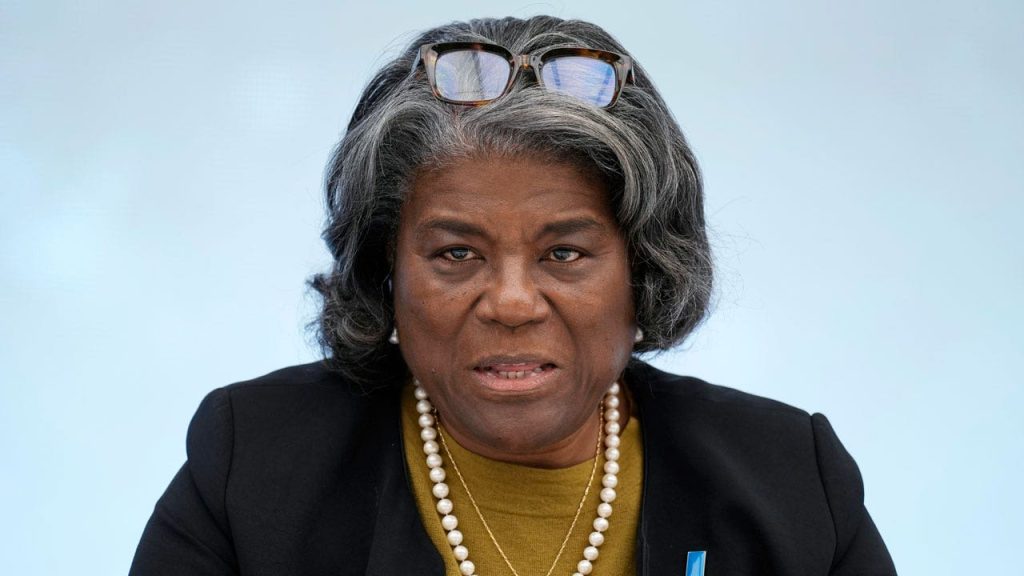Russia has put forth a U.N. resolution urging all countries to take immediate action to prevent weapons from entering outer space indefinitely, just a week after vetoing a resolution by the United States and Japan aimed at halting an arms race in space. The Russian resolution not only seeks to prevent the deployment of weapons in outer space but also to prevent the use of force in space. This includes stopping the deployment of weapons from space to Earth, as well as from Earth to objects in outer space.
The U.S.-Japan resolution that was vetoed by Russia focused on banning weapons of mass destruction, particularly nuclear arms, in space. It did not address other types of weapons in space. The 1967 international treaty banning nuclear arms and other weapons of mass destruction in space was intended to be upheld by all countries, with a need for verification of compliance. Russia and China attempted to introduce an amendment to the U.S.-Japan resolution, calling on all countries, particularly those with space capabilities, to prevent the placement of weapons in outer space and the threat of force in space indefinitely. However, the amendment failed to achieve the required number of votes for adoption.
After vetoing the U.S.-Japan resolution, Russian President Putin stated that Russia has no intention of deploying nuclear weapons in space. The U.S. Ambassador to the U.N., Linda Thomas-Greenfield, questioned why Russia would not support a resolution reaffirming existing rules on space weapons if they were abiding by them. Putin’s statement came in response to reports confirming that Russia had acquired anti-satellite weapon capabilities, though they were not yet operational. Russia accused the U.S. and its allies of planning to deploy weapons in space, and also accused the U.S. of obstructing a Russian-Chinese proposal for a treaty banning space weapons since 2008.
The Russian draft resolution reiterated much of the language from the U.S.-Japan resolution, including the call to prevent an arms race in space. It urged countries, particularly those with advanced space capabilities, to promote the peaceful use of outer space and prevent an arms race there. Thomas-Greenfield warned of the catastrophic consequences of a nuclear explosion in space, emphasizing the importance of preserving peace in space. She criticized Russia for undermining global arms control treaties, engaging in dangerous nuclear rhetoric, and failing to uphold arms control obligations.
The ongoing dispute between the U.S. and Russia over space weapons highlights the growing concerns about an arms race in space and the need for global cooperation to prevent militarization of outer space. Both resolutions put forth by the U.S.-Japan and Russia aimed to address the issue of weapons in space, but differences in approach and interpretation of existing treaties have led to conflict at the U.N. Security Council. It remains to be seen how the international community will come together to ensure peace and security in the increasingly contested domain of outer space.


